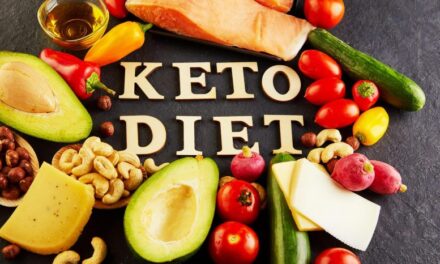“We launched this new manual to provide updated, clear, and practical guidance for policymakers, finance officials, tax authorities, customs officials and others involved in tobacco tax policy to create and implement the strongest tobacco taxation policies for their specific countries,” said Jeremias N. Paul Jr, Unit Head for the Fiscal Policies for Health team in the Health Promotion Department at WHO.
“We hope this document sheds light on the significant advantages to raising tobacco taxation. The data and insights provided here should be an eye opener for policymakers worldwide,” he said.
The ‘best buy’ highlighted in the manual not only saves money, but saves lives. The human and economic costs of tobacco are on the rise – 8 million people died because of tobacco last year.
Only 14% of the world has enough tax on tobacco
In 2018 only 38 countries, covering 14% of the global population had sufficiently high tobacco taxes – which means taxing at least 75% of the price of these health-harming products. By implementing proven policies like tobacco taxes, the costs created by the tobacco industry to local communities and nations can be avoidable. It is a win for population health, revenue and for development and equity.
Raising tobacco taxes is SMART
Tobacco taxes Save lives, Mobilize resources, Address health inequities, Reduce health system burdens and costs, and Target noncommunicable risk factors for the achievement of Sustainable Development Goals (SDGs).












